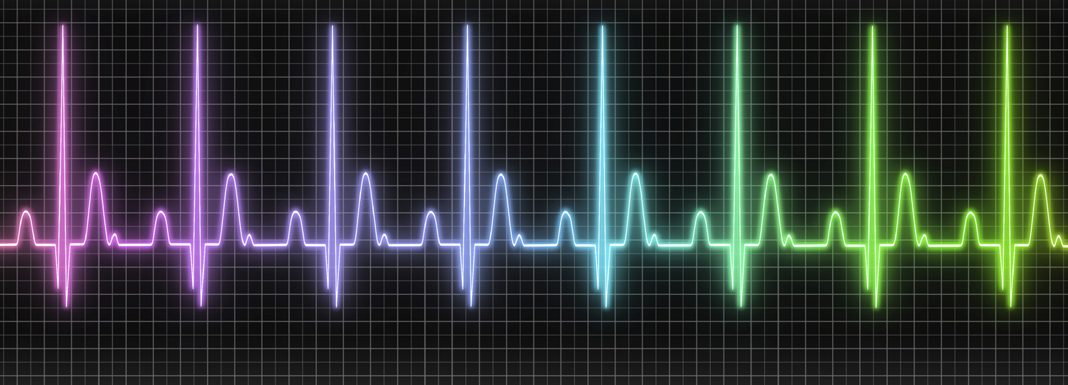Most people with high blood pressure are not able to achieve normal blood pressure with daily doses of a single medication. In one study, more than 45 percent of people with high blood pressure did not take their medication regularly, and 84 percent of those with persistent high blood pressure did not take their mediation regularly (Medicine (Baltimore), Jan 27, 2017;96(4):e5641).
Another study showed that when a drug does not control high blood pressure, switching to a different blood pressure drug was more effective than doubling the dose of the original drug, and almost as good as adding a second drug (JAMA, April, 2023;11; 329(14):1160-1169). The 228 patients, average age 64 and with an average blood pressure of 154/89 mm Hg, were given four different blood pressure drugs, one after the other, over a total period of one year:
• lisinopril 20 mg, an angiotensin-converting-enzyme inhibitor
• candesartan 16 mg, an angiotensin-receptor blocker
• hydrochlorothiazide 25 mg, a thiazide diuretic
• amlodipine 10 mg, a calcium channel blocker
Results were:
• Blood pressure was highest in the group taking the diuretic (hydrochlorothiazide) compared to the other drugs
• Blood pressure was close to the same with the other three medications
• Personalized trials showed that changing and combining medications reduced blood pressure by an additional 4.4 mm Hg
• Changing the type of blood pressure drug was more than twice as effective as doubling the dose of the original medication
Combining lower doses of blood pressure medications caused fewer side effects. People who took smaller doses of multiple drugs had fewer side effects than those taking a single drug at the full dose. Taking a quarter-dose of a two-drug combination was just as effective as taking a full dose of one drug. Taking a quarter-dose of a four-drug combination was even more effective. Side effects of low dose medications were similar to those in people who took placebos (Hypertension, 2017;70:85-93).
High Blood Pressure Can Shorten Your Life
• 47 percent of North American adults suffer from high blood pressure (defined as greater than 130 mmHg/80 mmHg) or are taking medication to control high blood pressure.
• 25 percent have their blood pressure down to normal with treatment and lifestyle modifications.
Risk factors for high blood pressure include:
• air pollution, including household air pollution from solid fuels
• lead exposure
• low or high environmental temperature
• high LDL cholesterol
• high body mass index (BMI)
• high fasting blood sugar
• kidney disease
• a pro-inflammatory diet
• smoking or exposure to second-hand smoke
• alcohol use
• low physical activity
Lifestyle Changes to Treat High Blood Pressure
Lifestyle changes may be more important than drugs in treating high blood pressure (BMJ, Feb 15, 2019;364:l571). You cannot cure high blood pressure by taking drugs; you can only cure it by changing the lifestyle factors that cause it. Drugs only help to control high blood pressure for as long as you continue to take the drugs (Hypertension, 2002;40(5):612-618). A study of 14,392 individuals with high blood pressure, followed for 5-10 years, found that those who adopted a healthful lifestyle along with taking medication had a much lower risk of suffering heart attacks and lived significantly longer than those who treated their high blood pressure just with drugs (JAMA Netw Open, Feb 1, 2022;5(2):e2146118). The lifestyle factors studied were:
• not smoking
• eating an anti-inflammatory diet
• exercising regularly
• avoiding overweight
• getting seven hours of sleep each night
• restricting mammal meat, sugar and fried foods
• eating a plant-based diet with lots of vegetables, fruits and other parts of plants
How a Plant-Based Diet Helps to Lower Blood Pressure
• Plants contain complex carbohydrates and fats that are not released rapidly into the bloodstream so they do not cause high rises in blood sugar and insulin, and their fiber passes to the colon where bacteria convert it to anti-inflammatory SCFAs (short chain fatty acids). A high-plant diet lowers high blood pressure, even without calorie restriction or weight loss (American Journal of Medicine, March 08, 2019).
• Animal products can contain chemicals that are converted by colon bacteria into TMAO that stiffens arteries (Nat Med, 2013; 19: 576-585).
• People who take in 10-25 percent of their calories from sugared beverages and foods are at increased risk for high blood pressure and suffer a 30 percent higher risk for heart attacks, compared with people who take less than ten percent of calories from added sugars (British Medical Journal: Open Heart, Dec. 11, 2014).
My Recommendations
If your systolic blood pressure is greater than 120 or diastolic is greater than 80, you should make life style changes to get your blood pressure down to or below those numbers. If you can’t do it with lifestyle changes, you may need to take medication to help protect you from a heart attack, stroke or premature death. If a single medication cannot control your blood pressure, you are likely to gain better protection and fewer side effects by taking half and quarter doses of two or more drugs. Check with your doctor.


